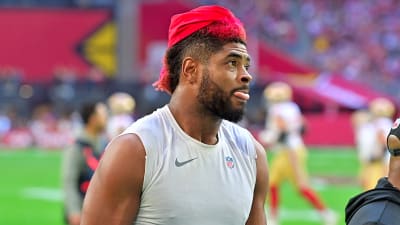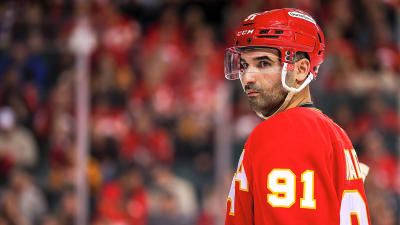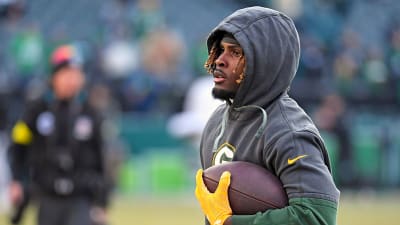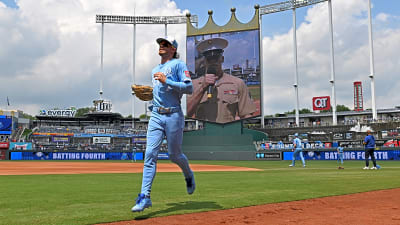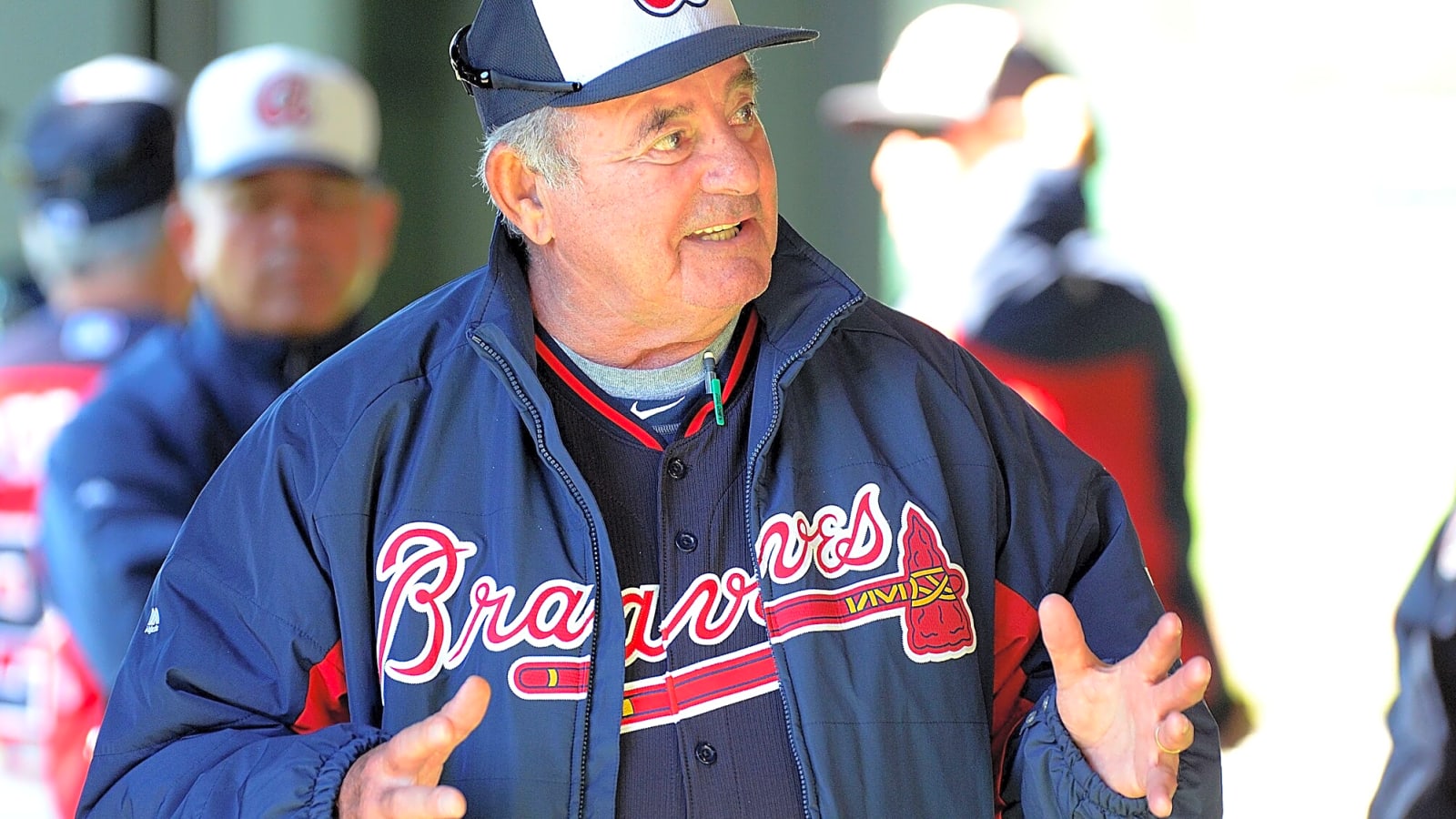
A Manager Made for Chicago
Lee Elia’s managerial career began on one of baseball’s biggest stages. Hired by the Chicago Cubs ahead of the 1982 season, it was his first shot at running a team, and he wasn’t just there to fill a seat. Elia came from a championship background in Philadelphia and brought with him a blunt, no-nonsense approach that matched the grit of Chicago.
He took over a roster low on results and still searching for its identity. Even so, the Cubs started to show signs of life under his leadership. The record wasn’t pretty at 73–89, but the tone had shifted. The team played with more edge and more urgency. It felt like a fire was starting to build, and the fans could feel it too.
The problem? So could Elia, and that passion boiled over.
April 29, 1983: The Day Chicago Heard Him
It wasn’t on TV. It wasn’t meant for the public. Still, when the tape started rolling after a loss to the Dodgers, Lee Elia let it loose.
The rant that followed was messy, profane, and absolutely unforgettable. He railed against the day-game crowd at Wrigley, the criticism players were taking, and the idea that anyone in the bleachers wanted it more than the guys in the clubhouse.
“Eighty-five percent of the world is working. The other fifteen come out here. A playground for the [expletives]... Rip them mother[expletives]. Rip them [expletives] like the [expletives] players…”
The audio eventually leaked, thanks to a young late and great Les Grobstein, and it took on a life of its own. It didn’t just go viral , it became Chicago legend.
A City That Understood
On the surface, it was a man losing his temper. However, when you dig deeper, the heart of the message comes through. Elia wasn’t attacking Chicago. He was doing what great managers do, defending his team.
That’s what always stuck with fans who understood the layers of it. He didn’t want to be the villain. He just hated losing. Above all, he hated his players catching blame for something they had no say in.
Chicago, a city that has never shied away from hard truths or hard times, eventually embraced the rant as its own. It became less about the words and more about the raw emotion behind them.
Fired, But Not Forgotten
Elia didn’t survive the 1983 season. He was fired in late August with a 54–69 record. His Cubs tenure ended at 127–158 overall.
But his influence never really left the clubhouse. Players respected him. Coaches learned from him. And fans, even the ones he scorched in April, remembered him. Not for a meltdown, but for caring in a way most managers were too scared to show.
He went on to manage the Phillies and spent decades in baseball, quietly shaping teams from the dugout and the front office. Still, nothing ever resonated quite like those two seasons on the North Side.
The Lasting Echo of Lee Elia
Lee Elia passed away on July 9, 2025, just days shy of his 88th birthday. He never hoisted a championship banner. He didn’t walk off into the sunset as a hero.
Still, what he left behind was something rare in sports, authenticity. In a world full of canned quotes and filtered interviews, Elia’s voice cut through like a flaming fastball.
That rant, as messy and controversial as it was, still stands tall in Chicago lore. Not just as one of the wildest moments in Cubs history, but as one of the truest.
Because at the end of the day, Lee Elia wasn’t yelling just to be heard. He was yelling because he cared, maybe too much, and in this city, that means everything.
More must-reads:
- Six takeaways from the 2025 MLB All-Star Game
- All-Star appearances shine a spotlight on Pirates' incompetence
- The 'No. 1 overall MLB Draft picks' quiz
Breaking News
Trending News
Customize Your Newsletter
 +
+
Get the latest news and rumors, customized to your favorite sports and teams. Emailed daily. Always free!
